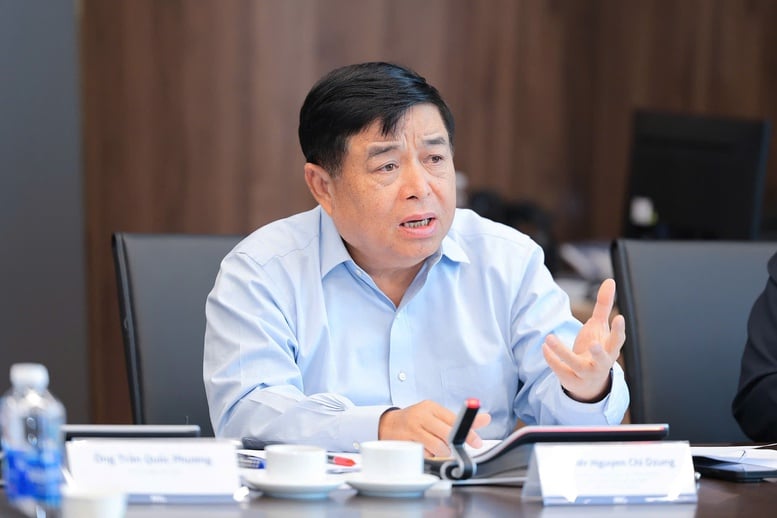
Many practical ideas have been concretized in current policies and guidelines; at the same time, there are also many new, unique ideas with important reference value, which need to be further researched and supplemented to further perfect the strategy for developing the innovation ecosystem and strategic technology fields of Vietnam in the coming time.
On behalf of the Government leaders, the Deputy Prime Minister welcomed and highly appreciated the innovation networks, experts and businesses that have put forward many good initiatives that can be implemented immediately, demonstrating a proactive spirit, innovation and readiness to accompany the Government and the country to put strategic orientations into practice.
Full, synchronous and timely legal corridor
The Deputy Prime Minister said that under the direction of the Central Steering Committee on Science, Technology, Innovation and Digital Transformation, directly led by General Secretary To Lam , the work of perfecting institutions has been carried out prominently, quickly and resolutely.
"Never before has the Ministry of Science and Technology developed as many laws, resolutions, projects, etc. as last year. The Ministry has developed 10 laws at the same time with many accompanying documents. This is a huge amount of work, with a short implementation time, and the quality must be the best, keeping up with international standards," the Deputy Prime Minister shared.
Resolution No. 57 clearly identified the need to strongly develop science, technology and innovation, considering this as the key driving force for rapid and sustainable growth, especially in strategic technology fields. Subsequently, Decision No. 1131 of the Prime Minister specified the goals, tasks and solutions for developing pioneering technologies, laying the foundation for the formation of a national strategic technology ecosystem.
Along with that, the system of laws amended, supplemented and newly issued in 2025, such as the Law on Science, Technology, Innovation, High Technology Law, Law on Digital Technology Industry, Law on Artificial Intelligence, and a number of laws related to data, cybersecurity, new energy, etc. have created a complete, synchronous and timely legal corridor to promote research, development, application and commercialization of strategic technologies.
Besides, under the direction of the Central Government, the Government allocates huge resources for science and technology and innovation (3-5% of GDP).
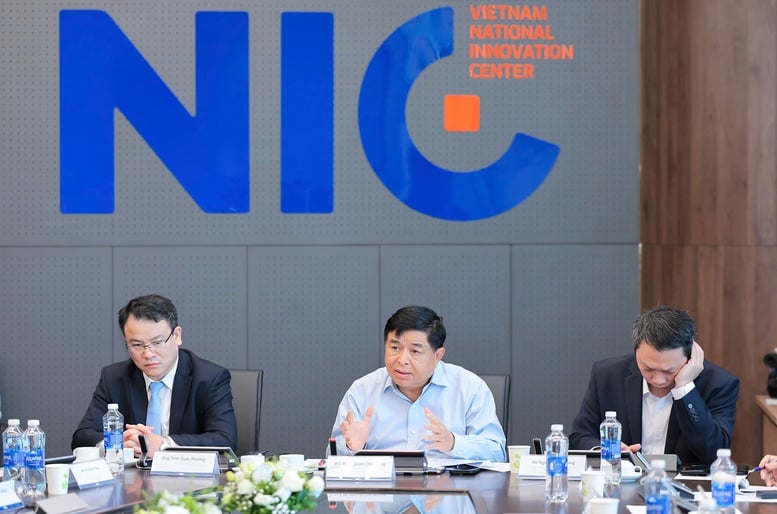
Therefore, the Deputy Prime Minister affirmed that the key task in the coming time is to effectively and substantially implement the issued policies and guidelines, aiming to synchronously and sustainably develop the innovation ecosystem of strategic technology industries. This is not only the task of the Government and state management agencies, but also the responsibility of the entire political system, innovation networks, experts, scientists and businesses.
At the same time, the Deputy Prime Minister emphasized that the context, situation and requirements for developing strategic technology industries, delegates all agreed that strategic technology fields such as artificial intelligence, semiconductors, cyber security, quantum, robotics, automation, aerospace, drones, advanced materials and biomedical technology... are key technologies that determine national competitiveness in the digital age, developing a green economy and a circular economy. This is not only a development opportunity, but also a vital condition for Vietnam to break through and participate deeply in the global technology value chain.
To develop these industries, the Deputy Prime Minister said that our country must have a comprehensive strategy to master core technology; develop high-quality human resources; build technology infrastructure, shared laboratory systems; promote innovation and form a comprehensive ecosystem for technology industries, in which the leading role of the State is to decide the success and connect the three parties (State, enterprises, institutes and schools).
Frankly pointing out a number of major challenges, the Deputy Prime Minister analyzed the role of strategic technology industries at some levels and sectors that are still inadequate; lack of high-quality human resources; huge capital needs for R&D, digital infrastructure, laboratories and pilot production; lack of physical spaces and policies for testing new technologies; and gaps in standards, intellectual property, cybersecurity and global supply chain requirements.
Essential requirements , key tasks, long-term and sustainable
In order to effectively implement the directions of the Government and the Prime Minister in promoting strategic technology industries, the Deputy Prime Minister requested relevant parties to focus on a number of issues.
First of all, the Ministry of Finance synthesizes and proposes breakthrough mechanisms to facilitate the mobilization and allocation of resources to serve the development of strategic technology industries.
Prioritize the development of NIC as the core of the strategic innovation and technology ecosystem, with an innovation network of many talented and enthusiastic experts to solve the country's "big problems". Focus on forming business incubation centers and developing talents at NIC for a number of industries to attract major technology "eagles" in the world to Vietnam to set up R&D centers, such as: Semiconductors, AI, quantum, unmanned aerial vehicles (UAV), cyber security, robotics and automation...
In addition, research specific financial mechanisms for strategic technology R&D, accept risks in scientific research; invest in shared laboratories, machinery, equipment for research, teaching, training, etc. to support schools and research institutes.
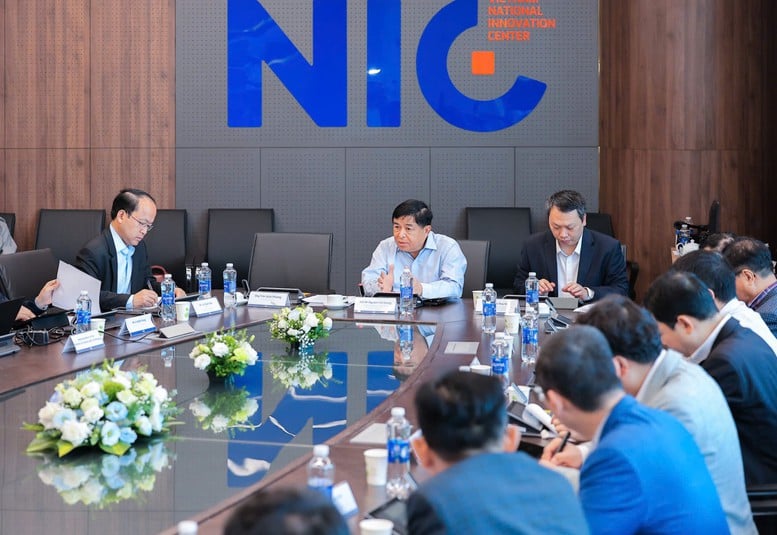
Second, the Ministry of Science and Technology fully and maximally absorbs reasonable and valuable opinions from experts and scientists; researches and supplements a number of technology sectors in the group of strategic technology products; Prioritize ordering national-level science and technology and innovation tasks for research groups; research and develop a system of standards and technical regulations for new technologies; implement intellectual property support mechanisms, promote commercialization of strategic technology products; pilot technology startup programs in strategic technology fields.
For the Innovation and Expert Network, the Deputy Prime Minister suggested closely following the Party and State's policies, especially Resolution 57, 11 strategic technology sectors and solving the "big problems" of the country today.
In addition, proactively research and propose international cooperation programs, connect Vietnamese experts at home and abroad to short-term and strategic projects; actively participate in policy review, strategy and policy development, knowledge transfer, training of experts and technology consultants; mobilize international resources, form R&D centers, support training, deploy products, etc.
Building and developing strategic technology industries is an inevitable requirement, a central and long-term task, enhancing competitiveness to help Vietnam develop rapidly and sustainably. This is also the shortest way for Vietnam to catch up, progress together and surpass to become a developed, prosperous and self-reliant country.
According to the Deputy Prime Minister, this task requires the participation of the entire political system; the cooperation of the people and the business community; the dedication of experts and scientists; and the companionship of international friends.
"The Innovation Network and experts in strategic technology sectors will continue to grow, becoming an important bridge to bring Vietnam into a period of development based on knowledge, technology and innovation," the Deputy Prime Minister believes./.
Source: https://dangcongsan.org.vn/tin-hoat-dong/phat-trien-cong-nghe-chien-luoc-de-giai-quyet-bai-toan-lon-cua-dat-nuoc.html



![[Photo] VinUni students' emotions are sublimated with "Homeland in the Heart: The Concert Film"](/_next/image?url=https%3A%2F%2Fvphoto.vietnam.vn%2Fthumb%2F1200x675%2Fvietnam%2Fresource%2FIMAGE%2F2025%2F11%2F26%2F1764174931822_10-3878-jpg.webp&w=3840&q=75)


![[Photo] Close-up of heavy damage at the school located on the banks of the Ban Thach River](/_next/image?url=https%3A%2F%2Fvphoto.vietnam.vn%2Fthumb%2F1200x675%2Fvietnam%2Fresource%2FIMAGE%2F2025%2F11%2F26%2F1764152130492_ndo_bl_img-8188-8805-jpg.webp&w=3840&q=75)

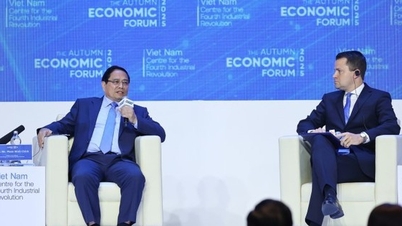

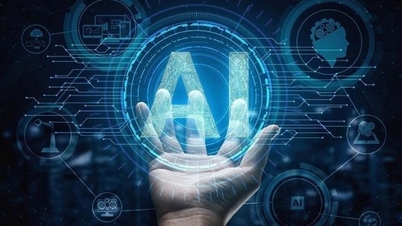


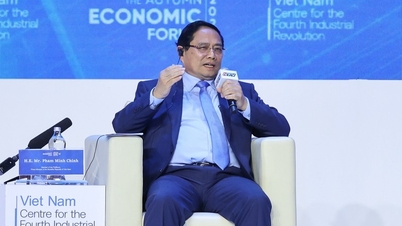
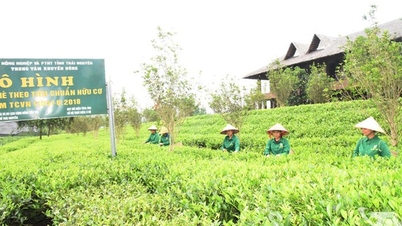
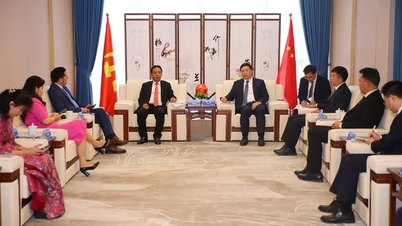




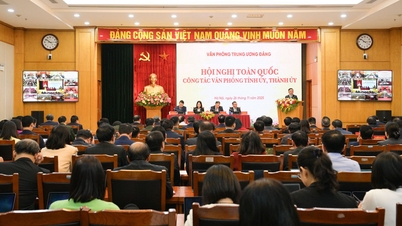
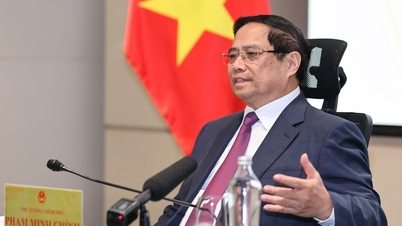
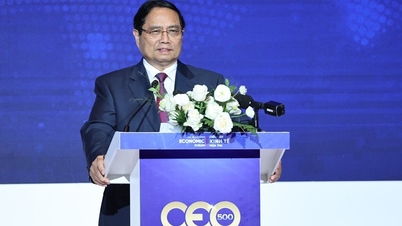
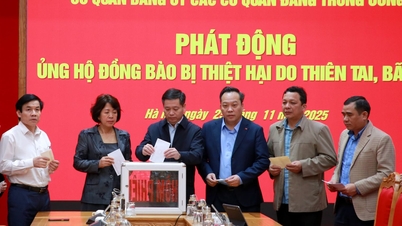
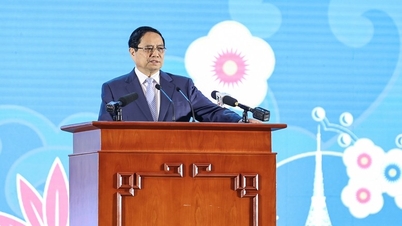
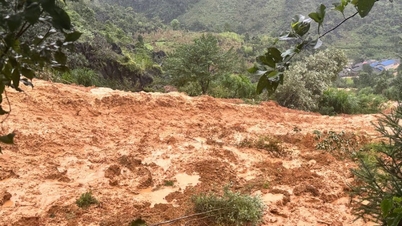


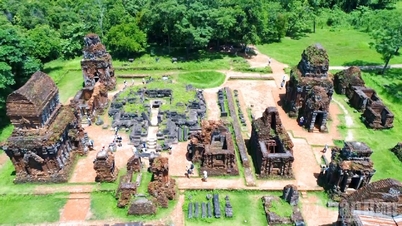







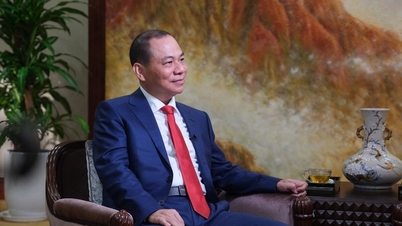

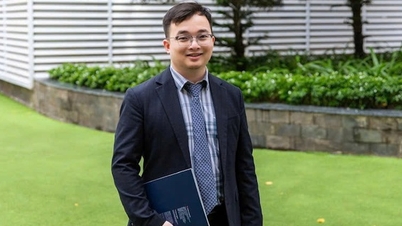

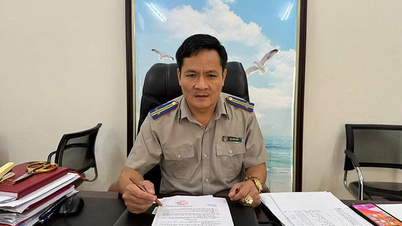





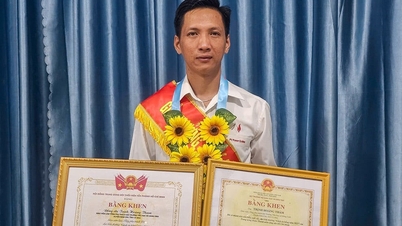

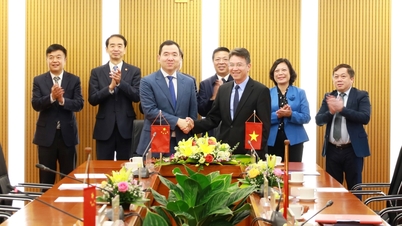


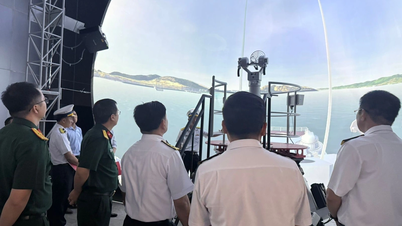
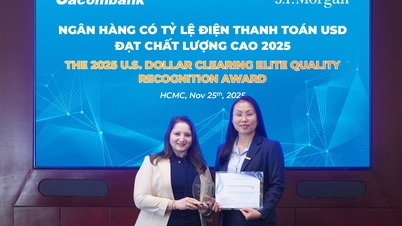

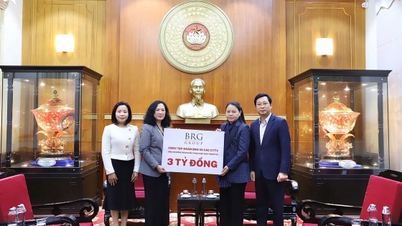

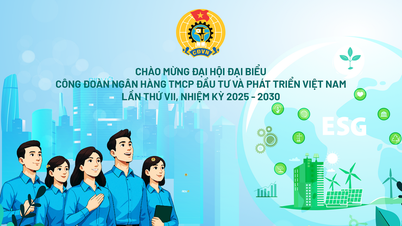










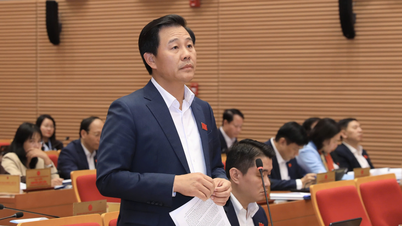
![[Photo] Opening of the 28th Session of the Hanoi People's Council](https://vphoto.vietnam.vn/thumb/402x226/vietnam/resource/IMAGE/2025/11/26/1764155991133_image.jpeg)



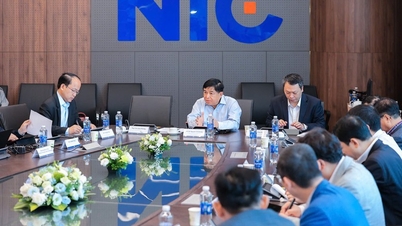
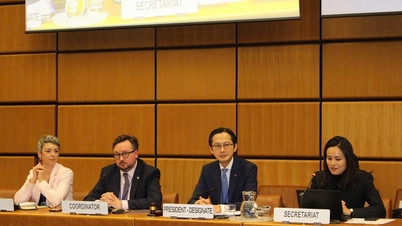




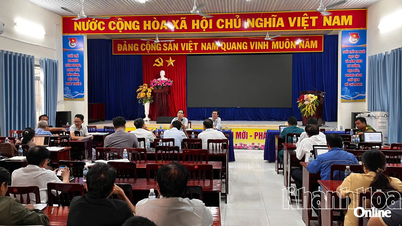
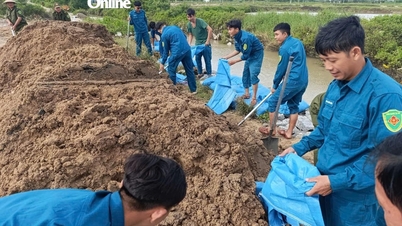














Comment (0)